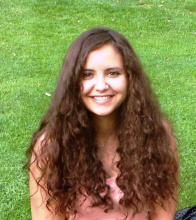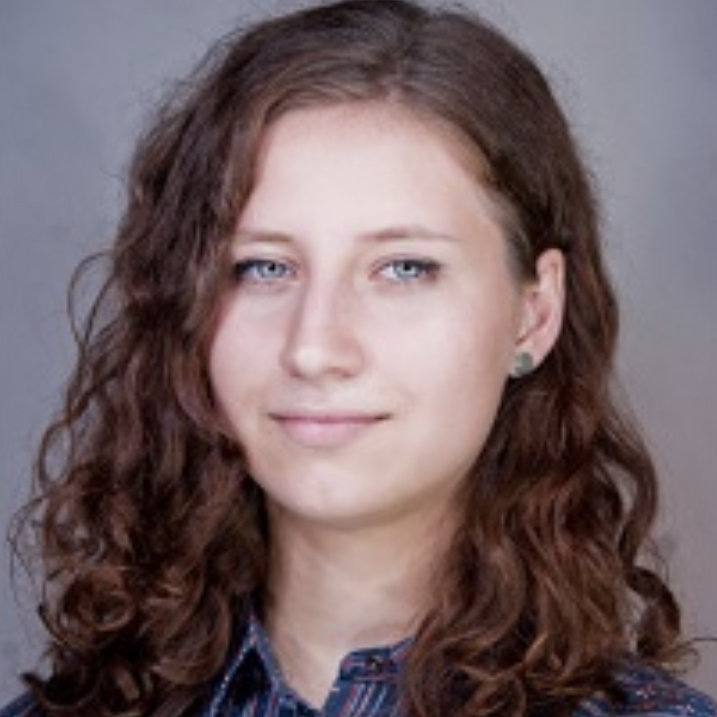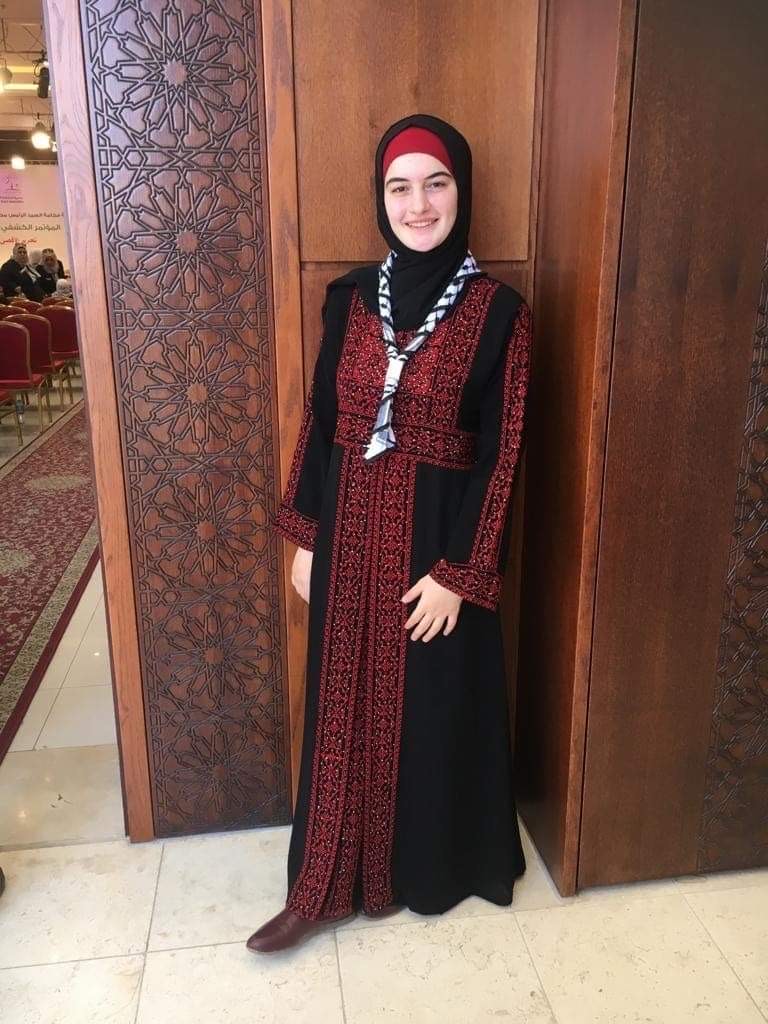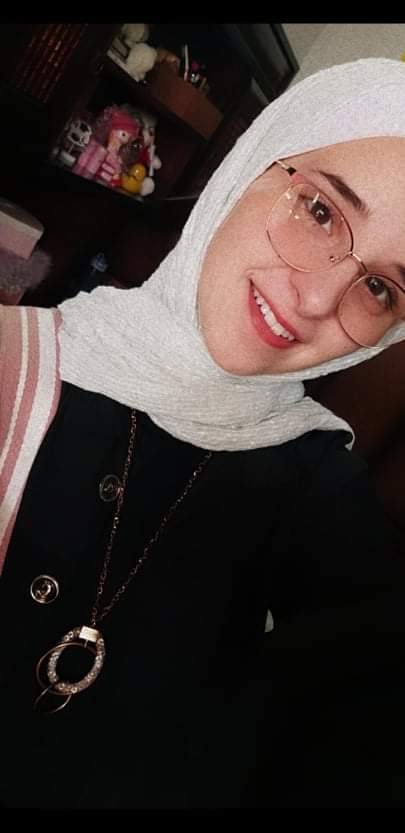Participant in the Interactive Open Online Course ‘European Refuge/es: Cultivating diversity together’.
Ana Maria was born in Moldova but grew up in Romania. After finishing her education in Romania she wanted to take part in an advanced educational programme about the current affairs surrounding refugees in Europe. She was looking for an opportunity to hear the type of information that isn’t always represented in the media.
“I also wanted to compare my opinion to other people’s opinions, to find ideas, proposals and solutions on how to manage the situation and challenges.”
Ana Maria registered for the first-ever Erasmus+ Virtual Exchange Interactive Open Online Course ‘European Refuge/es: Cultivating diversity together’. This spring 2018 programme connected refugee and non-refugee youth across Europe to discuss what it means to be a citizen in Europe.
Looking back on her participation in this programme, how did she experience Virtual Exchange?
“This experience was very different than learning things in university. It is obvious it is a very informal atmosphere, you are in a different space, a virtual one, the informal atmosphere we are all in is a cosy place to make yourself feel relaxed and then have a conversation with people.
I would recommend others to take part in Virtual Exchange. It is not so time-consuming, You can enjoy it once a week. You wouldn’t have the chance to meet these people otherwise, because there are people who are so far away from you. It is a good start to participate in a Virtual Exchange to be familiar with other people, in a clear way, on so many levels, not only because you meet people but because you learn how to interact with the others.
Virtual Exchange is really promising; by comparing yourself to other people, people might feel stressed. but in Virtual Exchange you are in a safe space, you have the chance to express some issues without constraints about the others. You can include a lot more people that were before excluded from those experiences, especially in developing countries. They can share perspectives about what it is going on in Europe and elsewhere. This is revolutionary and can improve communication among young people.”



